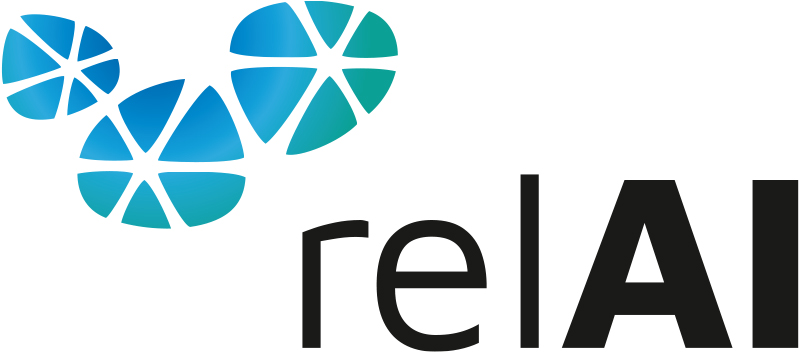
PhD
Chair of Statistics and Data Science for Social Sciences and the Humanities at LMU
Institut für Statistik
Ludwigstr. 33
80539 München
Biosketch
Jan’s work typically lies at the intersection of Data Science and Psychology, trying to bring insights from one field into the other. He is working on increasing the robustness and fairness of AI models used for decision making and improving the data sourcing process to train future AI models on more representative data.
He received his Bachelors in Psychology from the University of Konstanz in Germany, after previously completing a vocational education as a Specialised Computer Scientist in Application Development. In 2021, he received his Master’s Degree in Psychology: Behavioural Data Science at the University of Amsterdam.
In between his Bachelor’s and Master’s, Jan spend a year working at The Music Lab at Harvard University, helping to develop a citizen science website and trying to better understand how we perceive music. He has been working as a web developer alongside his studies and has helped with the development of new analyses for JASP as free and open-source statistics application. Before returning to academia, Jan was working as a Data Analyst at Picnic, a grocery-delivery startup founded in the Netherlands, where he conducted analyses of the company’s pricing and developed multiple internal tools, dashboards and automations.
relAI Research
Re-Evaluating the Machine Learning Pipeline to Improve Fairness and Reliability
Fairness in machine learning continues to be a highly relevant issue, with unfair models making headlines on a regular basis. In this project, we re-evaluate the complete machine learning pipeline from the sourcing of data, over the design of ML systems all the way to their implementation with an eye on algorithmic fairness and robustness. We develop new methodologies and collect data to better understand the reliability of findings in the field. We further critically examine the usage and composition of datasets (https://doi.org/10.1145/3630106.3658931), highlighting gaps and providing recommendations for more sustainable practices. Among other things, we focus on the influence of design decisions (https://doi.org/10.1145/3630106.3658974), highlighting potential issues of fairness hacking and introducing a new methodology to systematically study and address issues of reliability. We also develop software to collect diverse data from across the world (https://worldwidelab.org/).
